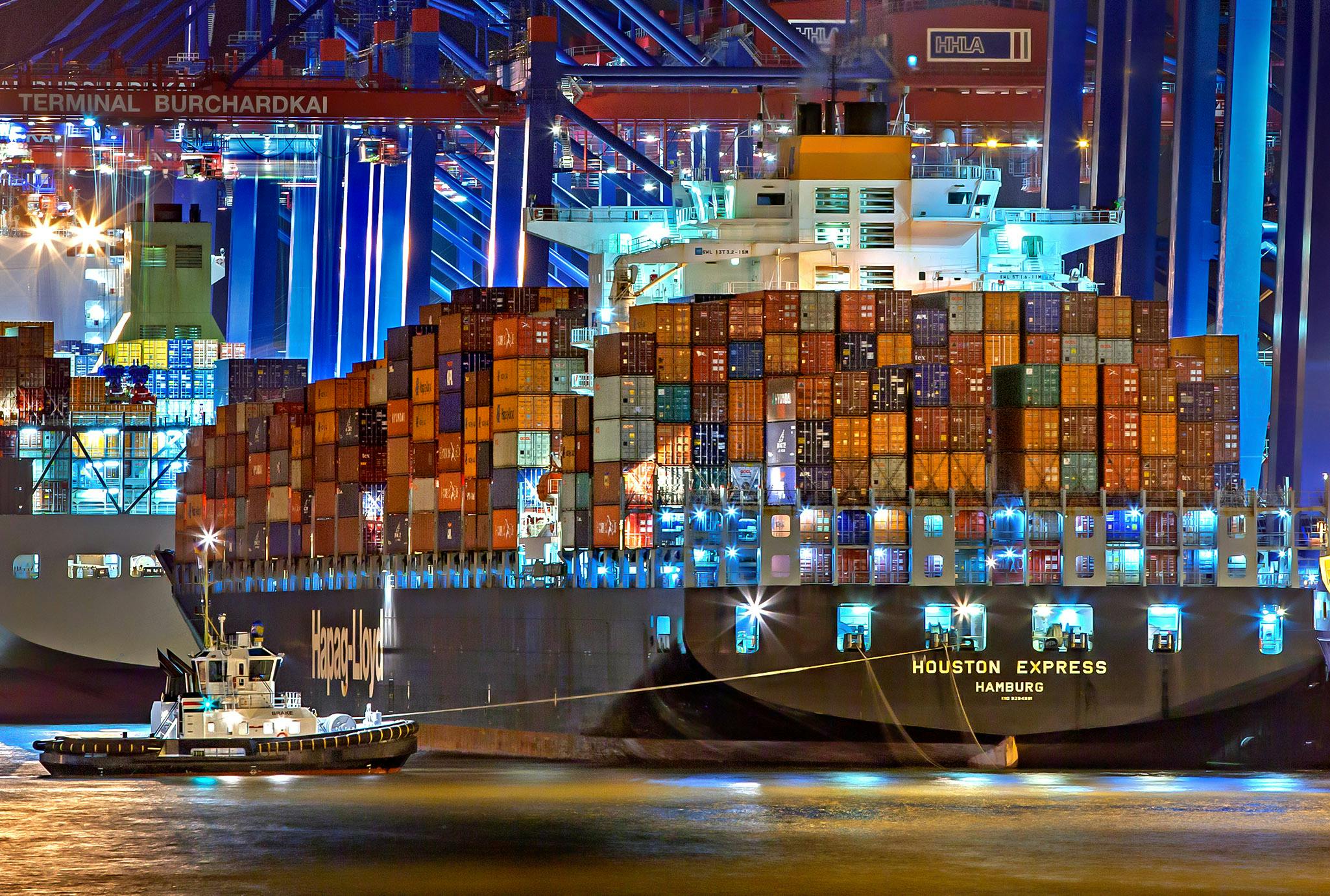The US Court of International Trade has stopped President Donald Trump from enforcing a series of global tariffs, ruling that it exceeded his legal authority.
Among several tariff threats made since January, President Trump recently announced a 50 per cent import tariff on goods from the European Union, set to take effect on 1st June 2025. He had accused the EU of unfair trade practices that harmed US interests.
However, after direct talks with President Trump, the EU successfully negotiated a delay, pushing the start date to 9th July 2025.
Now, a three-judge panel from the US trade court has blocked most of Trump’s tariffs, stating that the President acted beyond his legal powers in imposing tariffs on foreign imports.
The Court of International Trade’s role is to “provide a comprehensive system for judicial review of civil actions arising out of import transactions and federal transactions affecting international trade,” meaning that it ensures fairness in import and international trade matters.
“The court does not pass upon the wisdom or likely effectiveness of the President’s use of tariffs as leverage,” the trade court said, also stating the federal law simply does not allow the President to do so.
The judges ordered the US Government to issue new rules within 10 days, officially showing that these tariffs will not be implemented.
In response, the Government quickly filed an appeal.
White House Deputy Press Secretary Kush Desair criticised the decision, saying, “it is not for unelected judges to decide how to properly address a national emergency,” defending the tariffs as essential to protecting American industry.
The ruling resulted from two lawsuits. One was filed by the Liberty Justice Center on behalf of five small American businesses that import products from the affected countries, while the other came from a coalition of 12 US states, led by Oregon.
Storm Harry triggers widespread power cuts across Malta, disrupting homes and businesses
Residents in some areas have reported prolonged outages
Serial entrepreneur Mario Schraepen on speed, access and startup potential
Mario says that while the country is only roughly 27 kilometres from end to end, it offers a 'layered, lived-in' ...
MaltaPost suspends deliveries until end of storm
A red warning for gale-force winds is currently in effect until Tuesday at noon






